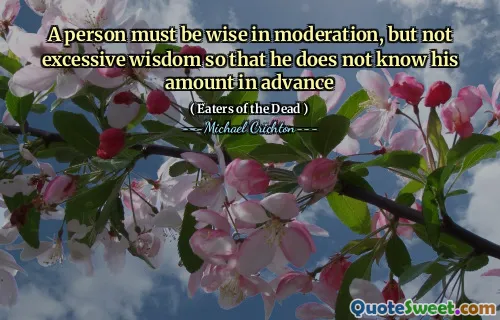
With the exercise of a little care, the nettle could be made useful; it is neglected and it becomes hurtful. It is exterminated. How many men resemble the nettle! He added with a pause: There are no such things as bad plants or bad men. There are only bad cultivators.
This quote by Victor Hugo eloquently highlights the importance of compassion, understanding, and active cultivation when encountering traits or individuals that are perceived as undesirable. The analogy of the nettle underscores how a simple change in approach—cultivating with care rather than warfare—can transform something potentially harmful into a beneficial resource. In human terms, this suggests that negative behaviors or qualities are often the result of neglect, misunderstanding, or misguidance rather than inherent wickedness. By dismissing or destroying those we see as 'bad,' we fail to recognize their potential for growth and improvement.
Hugo’s words remind us that everyone is shaped by their environment, experiences, and the way they are nurtured. The comment that there are no inherently 'bad' men or plants, only 'bad cultivators,' emphasizes responsibility. It challenges us to consider our role in shaping the character and destiny of others—whether we are educators, leaders, or individuals in relationships.
In society, this perspective advocates for patience, education, and empathic efforts instead of condemnation. Transformation begins with understanding and intentional effort—similar to tending a garden rather than simply trying to eradicate weeds. Such an approach fosters hope, rehabilitation, and positive development, allowing goods that were initially dismissed or misunderstood to flourish.
Ultimately, the quote invites us to reflect on the way we judge others and ourselves. It pushes for a mindset where patience, care, and cultivation trump destruction, leading toward a more compassionate and constructive worldview.






